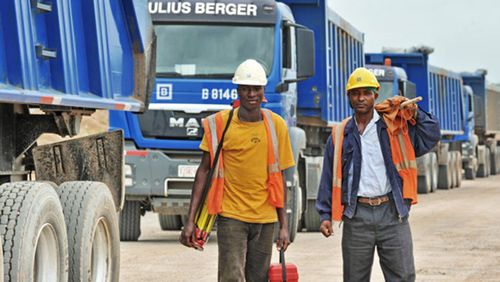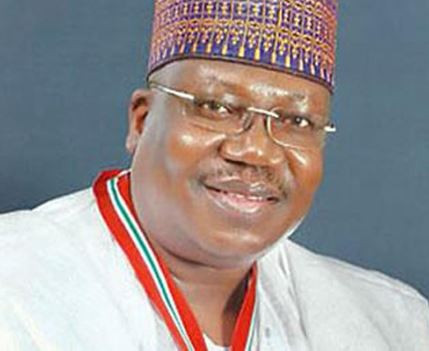Julius Berger Nigeria Plc has declared a gross dividend payout of N2.64 billion at N2. 00 per 50k share for the 2018 financial year.
Chairman of Julius Berger, Nigeria, Mr. Mutiu Sunmonu announced this while presenting the 2018 Annual Reports and Financial Statements to shareholders at the 49th Annual General Meeting (AGM) in Abuja.
Sunmonu said that although activities in the construction industry remained sluggish in 2018, the firm was able to advance its project portfolio through proactive and strategic approach to project acquisitions.
In the year under review, Sunmonu said, the company succeeded in securing significant public and private sector projects including the main contract for the Second Niger Bridge on Asaba/Onitsha and the Abuja/Kano Road.
Sunmonu disclosed that the company also saw excellent performance across active project sites. He said that works for ongoing projects where funding was available progressed well, including the Lagos /Shagamu Expressway, the Permanent Site of the National Institute for Legislative and Democratic Studies in Abuja; the Famfa Office Tower in Lagos; the Town Roads Rehabilitation Project in Port Harcourt and the Itakpe -Ajaokuta-Warri-Ore Line, to name a few.
“I feel a strong sense of pride in the success we have achieved as a company in the context of our forward-moving country. Nigeria maintained a positive trajectory amidst persistent socio-economic difficulties, in the aftermath of the most challenging economic situation faces in our recent history.
“Gross Domestic Product grew incrementally with greater contributions from the non-oil sector, inflation declined, foreign reserves steadily accrued and the Naira remained relatively stable.
“I am hopeful that these positive trends will persist throughout 2019, together with a meaningful diversification of the Nigerian economy, to keep our country in the right path to unlocking a sustainable and inclusive growth,” he said.
He said that during the year under review, the company’s subsidiaries have also shown marked progress while maintaining quality standards, resulting in the successful recertification of the company’s Quality Management System to meet the updated specifications of the International Organisation for Standardisations, ISO 9001:2015.
Sunmonu said that while Nigeria may have gained a positive footing with improvements in several areas, the reality remained that there was still a lot of work to be done in creating a thriving private sector and a high functioning economy.
“Today, many challenges longer in the general business environment and more specifically, within the construction sector. At the most basic level, timely passage of the yearly federal budget, followed by effective implementation and a consistent release schedule for capital expenditure, is of utmost importance,” he said.
Sunmonu said that delays and unpredictability in capital releases impact financial planning and have a direct negative effect on company’s cash flow and profitability, resulting in undue losses brought on by induced utilisation of bank overdrafts to bridge payment gaps.

























